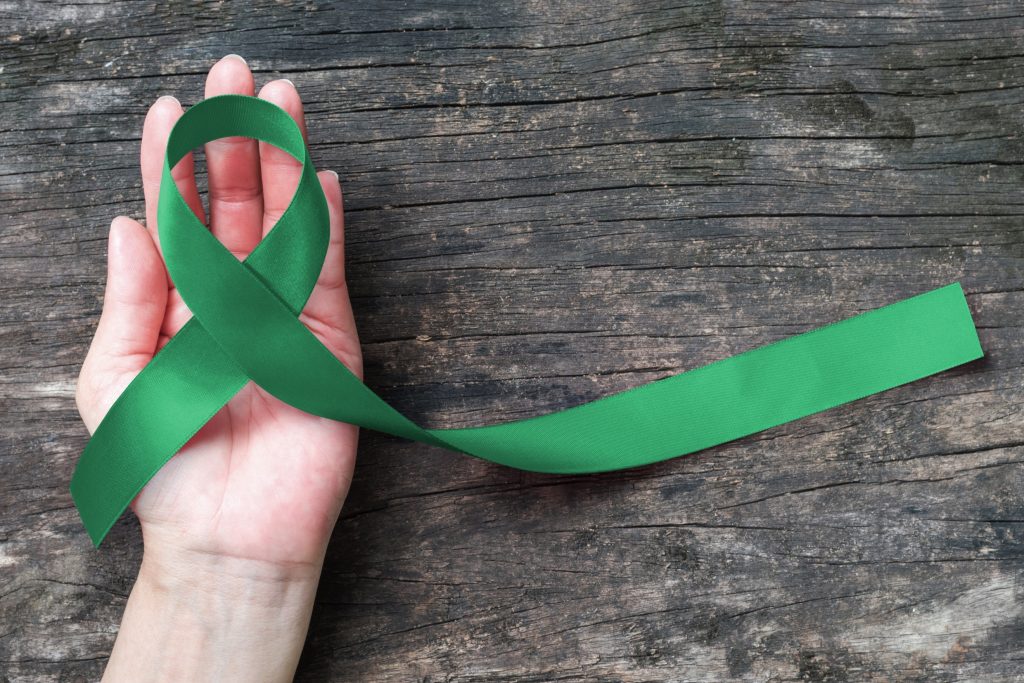Are you at risk?
A new Australian Institute of Health and Welfare (AIHW) report has highlighted the growing burden of liver cancer on Australian society.
The report found liver cancer incidence rates have had the greatest increase of all types of cancers.
It also found:
- Men are more prone to liver cancer than women
- Although currently sitting as the seventh leading cause of death in Australia, liver cancer is predicted to move to the fifth leading cause in 2020
- Incidence rates increase in relation to age, peaking at ages 55-59 for women and 75-79 for men
- The risk of an individual dying from liver cancer by age 85 is 1 in 102
- According to the Medical Journal of Australia, Hepatocellular carcinoma (HCC) has a low 62 per cent (%) survival rate and accounts for 80%of liver cancer-related deaths.
The top contributors
- Despite decline over the past few decades, tobacco smoking still accounts for the majority of liver cancer incidence rates, sitting at roughly 21 per cent of all cases
- Hepatitis C virus is the second most common cause of liver cancer, contributing to 19 per cent of cases. Current research suggests viral infections such as Hepatitis C and B are the major engine driving the sky rocketing prevalence of liver cancer cases
- Hepatitis B is responsible for about 16 per cent of liver cancer incidences
- Obesity, and the subsequent liver diseases which can develop, is the fifth-largest contributor to liver cancer incidences.
The importance of detecting liver cancer in its early stages
Liver cancer is typically difficult to detect until its very advanced stages. It is crucial to detect the cancer in its early stages to be able to reverse and prevent any further growth and damage.
After-hours doctors say it is important to keep an eye out for both common signs as well as non-specific symptoms such as:
- Jaundice
- Weight loss
- Fatigue
- Right-sided abdominal pain
- Lumps or swelling in the right upper abdomen
- Loss of appetite
- Nausea and vomiting.
An easy way to lower risk of liver disease is to implement preventative measures, including eating a balanced diet, exercising regularly and limiting tobacco and alcohol intake.
House Call Doctor recommends regularly checking in with your local GP if you have any concerns. A free and easy physical examination or screening can take place.
___________________________________
House Call Doctor sends a home doctor to you and your family when your regular GP is closed at night and on weekends and public holidays. To book a house call home doctor patients should call 13 55 66 or book online or via the House Call Doctor App.





